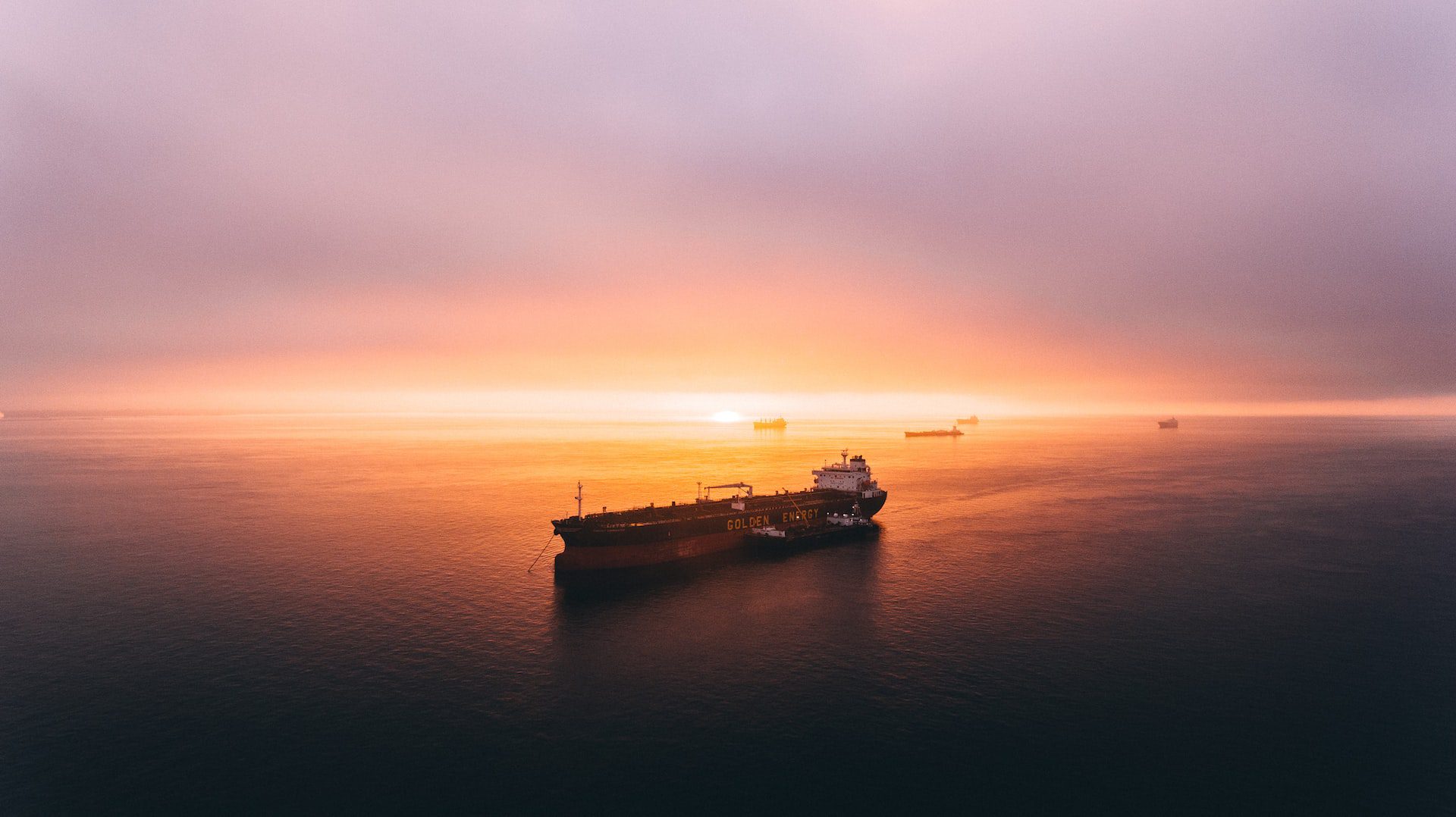
Dozens of ships loaded with liquid natural gas (LNG) are drifting off Europe’s coast waiting to unload.
Along Spain’s coast, more than 35 vessels are sitting idle at sea unable to connect to an LNG terminal to unload their cargo, Reuters reports.
On Monday, October 17th, at least eight vessels were anchored off the Bay of Cadiz alone, according to traders, analysts, and sources at LNG terminals consulted by Reuters.
Reuters also reports that Spain’s national gas grid operator Enagas issued a statement late on Monday declaring an “exceptional operational situation,” warning it may have to reject loads of LNG due to overcapacity at its terminals. With six LNG terminals, Spain has the biggest regasification capacity in the European Union, accounting for 33% of all LNG regasification capacity and 44% of LNG storage capacity.
Other LNG terminals are scattered along Europe’s coasts from the eastern Mediterranean to the North Sea and are all facing a similar situation, according to Reuters’ sources, meaning dozens more vessels are likely waiting at sea to unload LNG.
The backup has been caused in part by current market forces, and in part by Europe’s scramble to replace natural gas piped in from Russia with natural gas from other sources, primarily shipped LNG.
The news site had reported on 17 February 2022, just days before the Russian invasion of Ukraine, that European LNG terminals were already working at full capacity. Since then, shipments of LNG have skyrocketed, while the continent’s capacity to process and distribute it has changed very little. Once in port, LNG has to be re-gasified and then piped to its final destination. Germany, for example, had no LNG terminals at the outbreak of the war with Russia, and only one under construction slated to open in 2026. Floating LNG terminals, in Germany’s case rented from Greek companies, offered a quick way to increase its capacity to import LNG. But as Bloomberg has reported, these sites are filling up too, causing a backup of ships with much-needed LNG to unload.
According to Reuters sources, the market moment is also contributing to the situation. With natural gas prices relatively low due to decreased demand, caused by Europe’s economic slowdown—ironically, caused in part by high energy prices and unseasonably warm weather in some areas—more LNG sellers are willing to wait at sea in the hope that prices will increase.
Under different market conditions, they would have already headed to terminals in other parts of the world, though analysts don’t discard the possibility that many of these ships will leave for Asia if made to wait too long.
